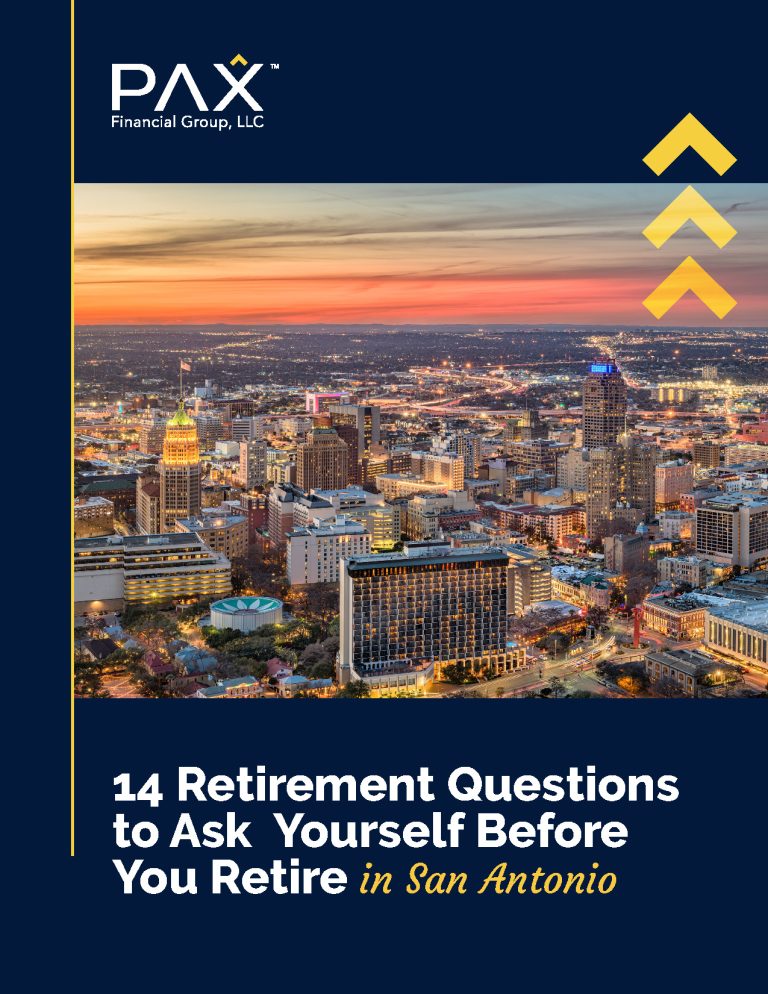Retiring in Texas
As the saying goes, everything’s bigger in texas and that includes the number of retirees who are deciding to make the lone star state home. why? let’s take a look.

Texas is on its way to becoming the new Florida, at least where retirees are concerned, after ranking in many “best of” lists when it comes to retirement. Two of Texas’ cities made the Forbes “Best Place to Retire in 2021” list: College Station and San Antonio. Texas also comes out on top in terms of affordability and is consistently in the top-five friendliest states in the U.S., coming in at No. 4 in 2021
Whether you’re already a Texan or thinking of becoming one, it’s important to plan for retiring in Texas with your eyes wide open. You want to go into retirement knowing all there is to know about life in Texas, from the cost of living, tax impact and healthcare costs to how you’ll spend your days.
In this guide, we explore all of the above and more. If you have questions about retiring in Texas that aren’t addressed here, let’s talk! Based in San Antonio, Texas, PAX Financial Group has a wealth of information that can help.
Relocating to Texas
Cost of Living
Taxes
Insurance and Planning for Natural Disasters
Healthcare/Long-Term Care
Day-to-Day Plans
As you prepare to retire in Texas, it’s important to think about your day-to-day plans. Many retirees are surprised by how hard it can be to adjust to post-work life. Some struggle with staying engaged in retirement without a job to provide a sense of purpose. After decades of working, the days can stretch on forever if you aren’t prepared to fill them.
Luckily, Texas has a lot to offer! Outdoor enthusiasts will find no shortage of activities, whether you love lounging on the beach or exploring the mountains. Texas State University lets any senior age 65 and over audit courses for free, if space allows. The state also has a plethora of senior living communities you can reach out to for activities.
Think about what you enjoy doing, but also who you want to spend your time with in retirement. This is particularly important if you’re relocating to Texas. Who will be your community in the state? If your extended family doesn’t already live in Texas, how will you stay in touch with them? Senior living communities can help you build a network of friends if you’re not a Texas native.
It’s important to approach retirement with a plan – both a financial plan and an activity plan.
Read our recent blog post:
Retiring in Texas? Determine Your Retirement Personality and What it Means Financially


